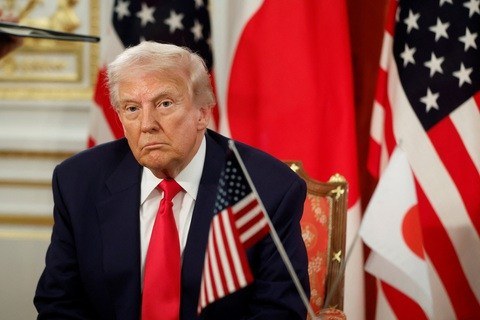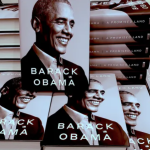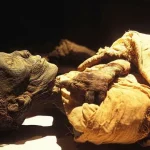Donald Trump and the Nobel Peace Prize: Arrogant or Actually Right?
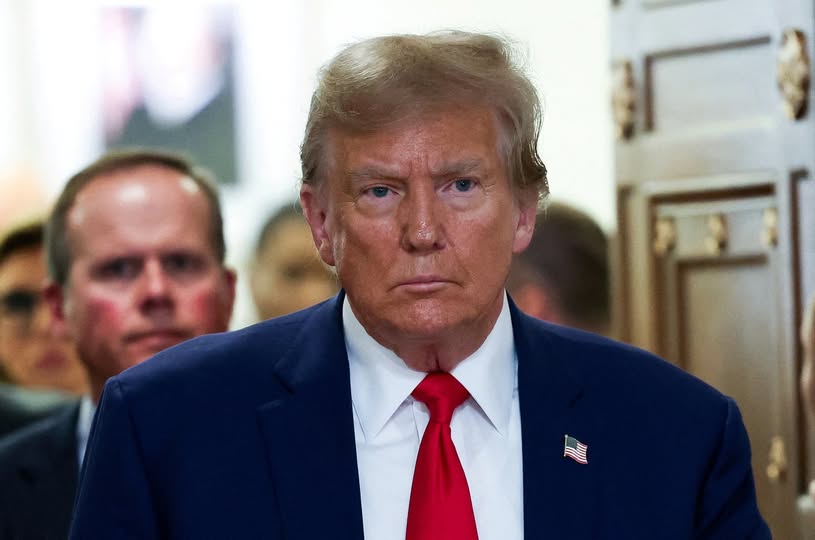
A Shocking Claim: “I Ended Eight Wars”
Recently, Donald Trump declared that he deserves the Nobel Peace Prize for allegedly “ending eight wars.” This statement sparked immediate controversy — some laughed, while others paused to reflect. The main question is: how accurate are his claims? And if true, was this peace for the world, for the United States, or simply for his personal image?
During his presidency, Trump repeatedly highlighted that the U.S. did not start any new major wars. (aa.com.tr) He also took notable diplomatic steps, such as meeting North Korea’s leader, and promoted his “America First” policy. However, experts caution that the type of peace Trump claimed is more nuanced than his statements suggest. (factcheck.org)

Key Diplomatic and Military Milestones
Trump emphasized that he was among the first U.S. presidents in decades not to start a new war. (aa.com.tr) However, this is a complex claim. For instance, in 2017, the U.S. launched a missile strike on a Syrian airbase during Trump’s presidency. (law.virginia.edu)
Moreover, fact-checkers note that while Trump did not engage in large-scale invasions like Iraq or Afghanistan, he escalated certain conflicts inherited from previous administrations. (responsiblestatecraft.org)
-
Trump held historic meetings with North Korean leader Kim Jong-un, marking a major diplomatic shift.
-
He claimed to have defeated ISIS and withdrew troops from select conflict zones.
-
He promoted “America First”, prioritizing U.S. national interests over extensive foreign military involvement.
These moves were cited as evidence to justify his Nobel claim. However, experts argue that while these steps were significant, they do not equate to fully resolving international conflicts. (factcheck.org)
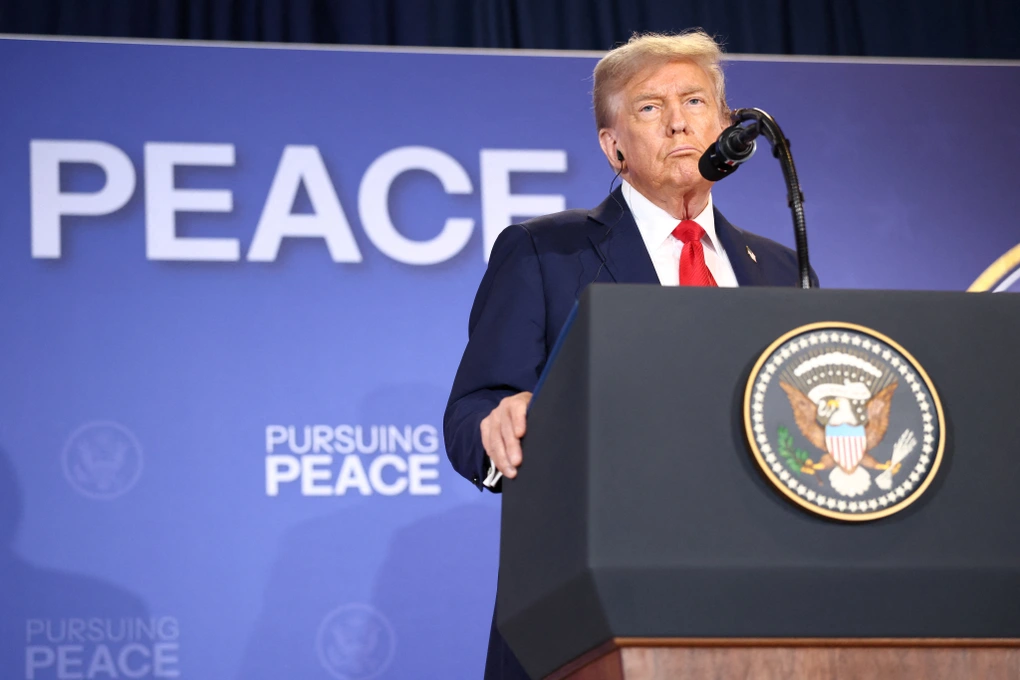
Peace For Whom? The World, America, or Image?
One of the biggest questions remains: whose peace was Trump actually talking about?
International Peace?
On a global scale, Trump contributed to some diplomatic agreements and ceasefire initiatives. For instance, FactCheck.org highlights efforts in areas like India-Pakistan tensions and Armenia-Azerbaijan disputes. However, many conflicts he claimed to have “ended” were not full-scale wars, and tensions persisted. (factcheck.org)
Domestic Peace?
Trump’s “America First” policy reduced direct U.S. military involvement abroad, but domestic divisions deepened. Political polarization increased, and his approach often created tension within American society. Thus, internal peace was far from guaranteed.
Image-Driven Peace?
Trump excels at generating global attention. Each action and statement is amplified by media coverage. Claiming a Nobel Peace Prize clearly enhanced his image as a “great negotiator and peacemaker.” This raises the question: was his pursuit of peace genuine, or was it a strategic move for personal branding?
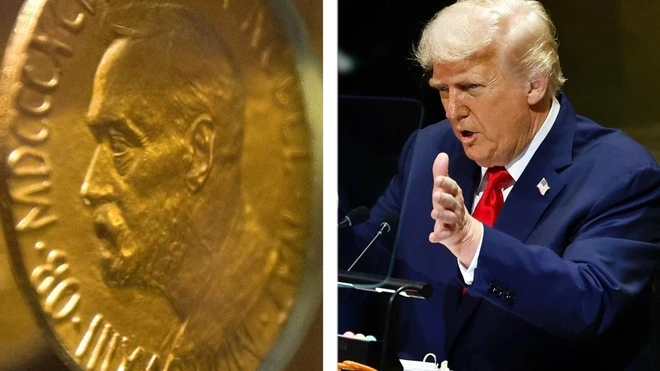
Facts and Verified Reality
To analyze Trump’s claims accurately, we must rely on verified sources:
-
Fact-checkers from The Washington Post and START report that Trump misrepresented his record, particularly regarding “no new wars or terrorist attacks.” (washingtonpost.com)
-
Reuters noted that while Trump did not launch major invasions, he still engaged in military actions and escalated conflicts in certain regions. (reuters.com)
-
FactCheck.org highlights that Trump’s statements about “ending multiple wars” were often exaggerated, with some “wars” not qualifying as actual large-scale conflicts. (factcheck.org)
In summary: Trump was partially correct that he avoided initiating large-scale invasions, but he overstated his achievements in terms of ending multiple wars.
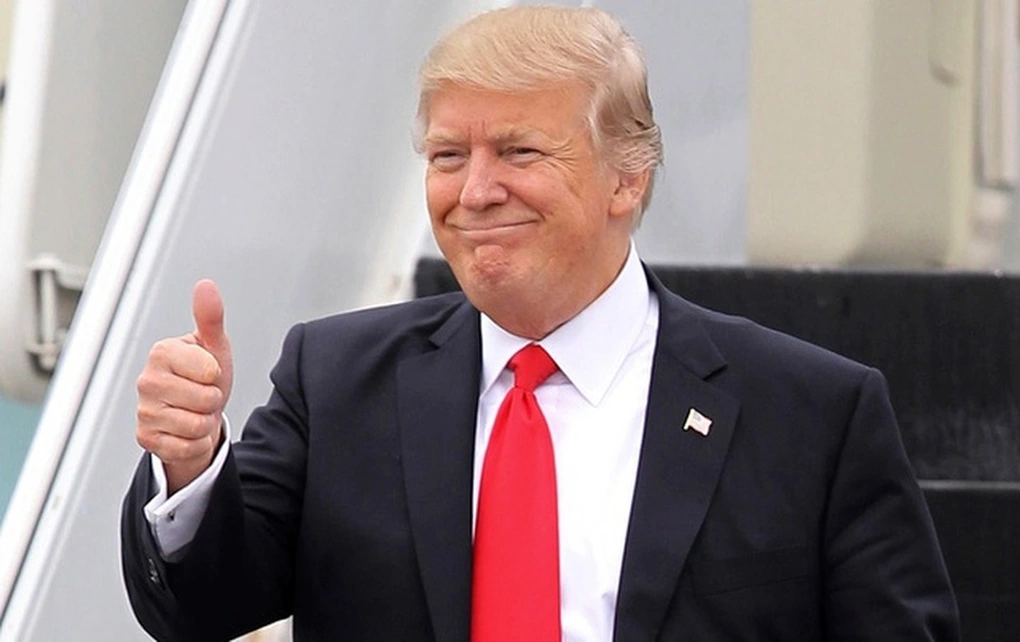
Nobel Peace Prize Criteria
The Nobel Peace Prize is traditionally awarded to individuals or organizations who:
-
Make a tangible, lasting impact on global peace.
-
Reduce conflicts and promote long-term stability.
-
Protect human rights and collaborate with international organizations.
Trump’s record:
-
Includes notable diplomatic efforts, but no clear evidence of ending a major war under his direct responsibility.
-
Long-term, internationally recognized peace remains unverified.
-
His global media presence and attention-grabbing actions, while impressive, do not fulfill the traditional criteria for the Nobel Peace Prize.
Conclusion: Arrogant or Achieved?
Is Donald Trump worthy of the Nobel Peace Prize? The answer depends on how we define peace and leadership:
-
By the metric of avoiding new major wars, Trump’s claim is partially accurate.
-
By the metric of resolving conflicts, building lasting peace, and achieving international recognition, his claim appears overstated.
-
By the metric of media influence and image-building, Trump has been highly successful, but this does not equate to a Nobel-worthy achievement.
In short, Trump is neither completely wrong nor entirely right. While he avoided major invasions, his claim of ending multiple wars is largely exaggerated according to strict international standards.
